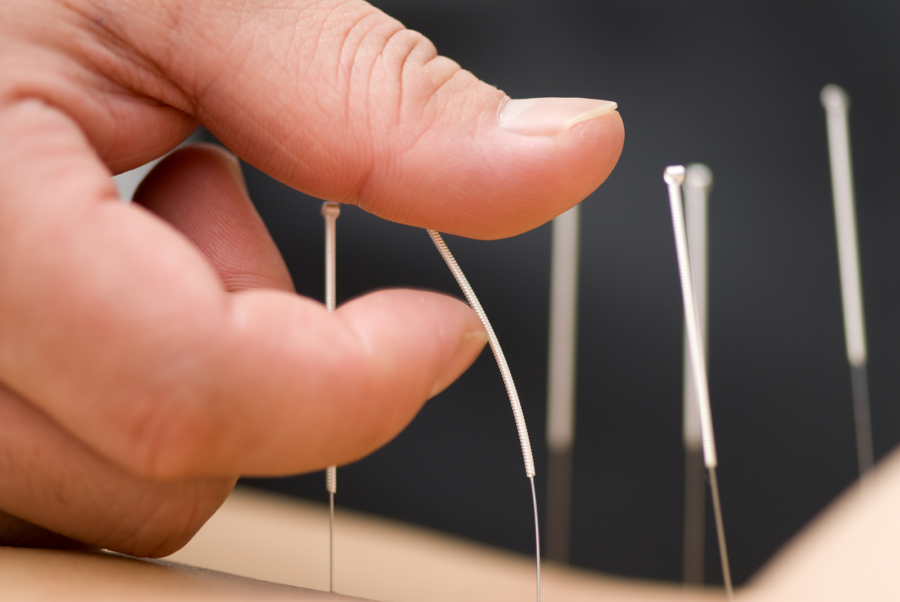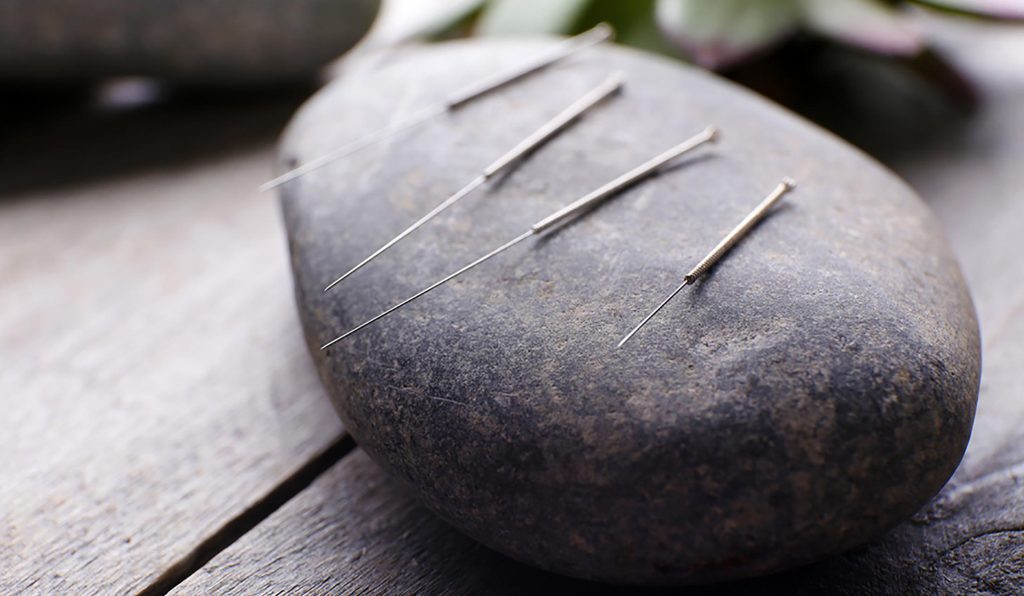

Fear of needles preventing your acupuncture treatment? Understanding the process and your anxieties is crucial for a positive experience. Acupuncture, a traditional Chinese medicine practice, involves inserting thin needles into specific points on the body to stimulate energy flow and promote healing. Many people experience anxiety or fear related to the needles, which can hinder their ability to fully benefit from the treatment. This article will explore the reasons behind this fear and offer practical strategies to manage it, ultimately empowering you to embrace the healing potential of acupuncture. We’ll delve into the procedure, techniques to reduce anxiety, and tips for choosing a qualified acupuncturist. This guide will equip you with the knowledge and tools to overcome any apprehensions, empowering you to explore acupuncture as a potential therapeutic solution.
Understanding the Underlying Fear of Needles
The Physiology of Fear
Fear of needles, often termed trypanophobia, is a common phobia impacting various aspects of life, not just acupuncture. The fear response, rooted in our evolutionary past, is a complex physiological reaction, involving the release of stress hormones like adrenaline and cortisol. These responses trigger a cascade of physical sensations, including rapid heartbeat, sweating, and feelings of anxiety or panic. Many individuals with needle phobia find it difficult to relax and concentrate during the treatment, leading to decreased treatment effectiveness.
Psychological Factors
Beyond the physiological aspects, psychological factors play a significant role in developing a needle phobia. Past negative experiences with injections or medical procedures, cultural influences, or negative media portrayals can all contribute to the development of this anxiety. Previous negative experiences, whether real or perceived, can have a lasting impact, manifesting as intense fear, even years later. Sometimes, the fear might be linked to a broader anxiety or fear of pain and discomfort.
Managing Anxiety and Fear During Acupuncture
Preparing for Your Acupuncture Session
Effective management of anxiety involves proactive preparation for the acupuncture session. Deep breathing exercises, progressive muscle relaxation techniques, and mindfulness meditation can significantly reduce stress and promote a sense of calm. The relaxation techniques can help reduce the physiological response to fear.
Choosing a Qualified Acupuncturist
Selecting a qualified and experienced acupuncturist is another key factor in reducing anxiety. Look for practitioners who are certified and licensed in your area, as well as those known for their ability to create a calm and supportive environment. A reputable acupuncturist will communicate openly and explain the procedure thoroughly, answering all your questions with clarity and empathy, which helps alleviate fears.
Techniques to Minimize Discomfort During Acupuncture
Acupuncture Techniques for Minimizing Discomfort
A skilled practitioner will employ various techniques to minimize discomfort, including using extremely fine needles, adjusting the depth of insertion, and employing specialized techniques to manage potential pain. The chosen needle size and insertion depth directly correlate to the patient’s comfort levels and any underlying medical conditions. Consider if they have any previous experience or background in managing pain and anxiety.
Pain Management Strategies
Beyond the acupuncturist’s techniques, some patients find additional strategies helpful to reduce pain or discomfort. These strategies may include distraction techniques like listening to music, using guided imagery, and positive self-talk. Learning about different acupuncture tools and methods can increase comfort levels during the treatment, promoting relaxation and reducing fear.
The Acupuncture Procedure and How it Works
The Acupuncture Process
Acupuncture involves the insertion of extremely thin needles into specific points on the body. The practitioner typically sterilizes the treatment area before insertion, and most often, the insertion itself is a brief, almost instantaneous process. Many clients report little or no pain during the procedure. Modern approaches utilize precise techniques, reducing the chance of any discomfort beyond the slight momentary feeling. The insertion itself might be slightly uncomfortable, but is generally not overly painful, so patients shouldn’t have to fear significant pain.
The Body’s Response
During acupuncture, the insertion of needles stimulates specific points on the body, promoting the flow of vital energy, known as Qi. This energy flow can have various physiological and psychological effects, such as reducing pain, improving sleep quality, and potentially managing anxiety and stress. A calm mind can improve treatment efficacy.
Seeking Support and Professional Guidance
Talking to Your Doctor
If you’re struggling with a fear of needles, open communication with your doctor or therapist is important. They can offer personalized advice, including suggesting specific coping mechanisms and strategies to help manage your fear. It is crucial to discuss the fear in a safe environment.
Support Groups
Support groups dedicated to needle phobias can also offer valuable assistance and understanding. Sharing experiences with others who have faced similar anxieties can provide a sense of community and reduce isolation. Consider if support from peers would alleviate any underlying anxieties.
Overcoming Acupuncture Anxiety – A Holistic Approach
Combining Treatment and Mindfulness
Incorporating relaxation techniques, such as meditation and deep breathing, throughout your treatment process can facilitate a holistic approach to reducing overall stress and anxiety. If you are anxious about acupuncture, a mindful practice might be beneficial. Meditation or deep breathing exercises can help relax your body and mind and promote a sense of calmness.
Building Trust with Your Acupuncturist
Open Communication
Establishing open communication with your acupuncturist is essential for a positive experience. Feel free to voice any concerns or questions, and ensure that your practitioner is attentive to your needs and comfort levels throughout the session.
Exploring Alternative Therapies
Exploring Complementary Therapies
If needle phobia is a significant concern, consider exploring complementary therapies alongside acupuncture. Techniques like aromatherapy, guided imagery, or music therapy might provide additional support in managing anxiety and promoting relaxation. This can be a valuable tool in the holistic approach to management and reducing anxiety and improving the overall wellness journey.
In conclusion, overcoming a fear of needles for acupuncture is achievable with a combination of understanding the process, preparation, and open communication with your practitioner. Choosing a reputable acupuncturist who prioritizes patient comfort and utilizes techniques to minimize discomfort can significantly ease anxiety. Remember, acupuncture offers numerous benefits for various health conditions, and a fear of needles shouldn’t prevent you from exploring this potentially beneficial treatment. Schedule a consultation today to discuss your concerns and explore the possibility of acupuncture.